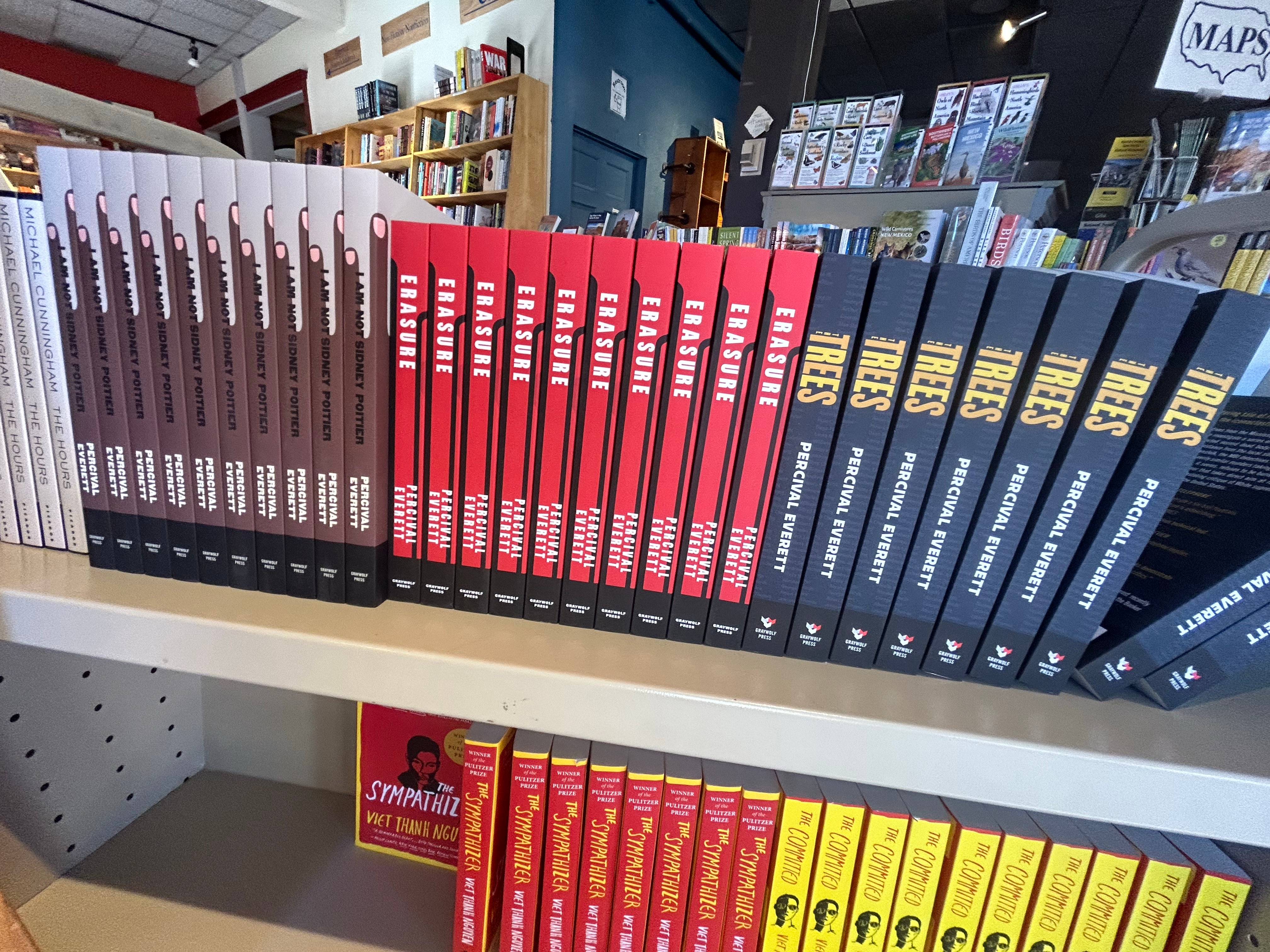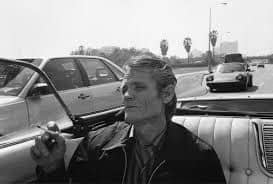Rec
🪐
I recently read Vertigo and now I’m reading Rings of Saturn. They are part travelogue, part memoir and part history book. I find he is really easy to read because he speaks universal truths but with really unique and beautiful language and it feels like you are wandering around thinking about life with him. A big theme is decay. There is a part in Rings of Saturn where he talks about how the memory and expanse of a place turns into a single tiny spot in your mind and I can’t stop thinking about that.

Jan 7, 2025
Related Recs
Rec
🌀This is something the whole family can enjoy. While I’m not really a fan of Rob Smithson’s art (think the spiral jetty film is better than the actual thing, kind of a silly looking creation no?) his writing is really great, sort of reeks of auto-didact vibes but there’s a contagious curiosity to all the shit even if you’re not certain on what he’s talking about. A really fierce intelligence with regards to the imbrication of the anthropocentric landscape, language, and industrial conditions writ large. It’s also just fun. On a sappier level I like reading this stuff because it reminds me to approach everything as a novice. The phrase “ruins in reverse” from A Tour of the Monuments of Passaic, New Jersey (1967) has haunted me for a while now.
Aug 11, 2022
Rec

To those who have read James and dug it - I urge you to keep reading more Percival Everett! He’s written lots of other great books. I’ve gotten through 7 or 8 so far (which is barely scratching the surface . . . he’s written like 30 novels). The guy is a really polymath: paintings, poetry, woodworking, etc. The Trees, Erasure, and So Much Blue rank among my favorite of his novels.
Mar 10, 2025
Rec
📕I’m a huge Herzog fan, so when I heard he released his debut novel I knew I had to grab it as my next tour read. In typical Herzog fashion, the book is based on true events but with certain facts embellished and reimagined in that signature surreal Herzog way. The book is a retelling of Japanese soldier Hiroo Onoda’s story, who was stationed on an island in the Philippines during WWII, and continued to fight an imaginary war 29 years after the war ended because word of its cessation never reached him. The book is a hallucinatory fever dream of Onoda’s struggles during this time, both mental and physical. Similar to his documentaries, the best parts of the book aren’t factual, but when he goes off on his own weird surreal tangential musings. Plus it’s just fun to read it in Herzog's voice.
May 25, 2023
Top Recs from @dimitri-ciannopoulos
Rec

I feel like it sucks you out of the world. There’s a 12 hr long brown noise track on Spotify I listen to. It’s one of the best things I’ve discovered, especially on tour. It made me realize I’m kind of sensitive to noise and the brown noise helps with anxiety specifically associated with traveling.
Jan 7, 2025
Rec

directed by Bruce Weber, I watched this recently and it's one of my favorite music documentaries. Chet Baker has always been a huge influence on me. I’ve listened to slow jazz way before I got into slow core. This doc is free on YouTube and it’s an amazing and sad insight into his life. It juxtaposes the young handsome Chet on his way to the top with the old Chet in the 80s - the doc came out a couple months after he died - he’s reflecting on his life and his choices and it portrays him as a man who is lost in this dream world. It interviews his kids and his ex wives and lots of other people who saw his career form and fall apart. It’s a tragic story about talent and the harm of addiction. The cinematography is great too - there’s a shot it keeps going back to of Chet Baker as an old man in the back of a convertible with the wind blowing that I love.
Jan 7, 2025
